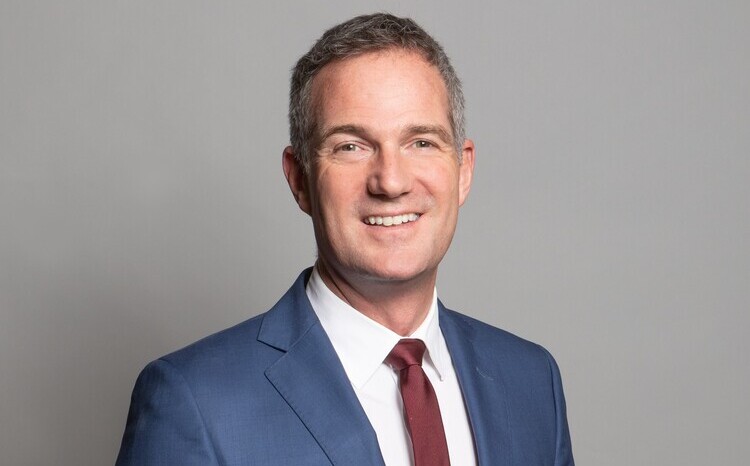Vanguard areas given marching orders
- 11 March 2015

NHS England has unveiled 29 “vanguard” areas across England to trial new models of integrated care from April in a bid to head off a potential NHS funding crisis.
The sites will be bankrolled by a £200 million fund set up to support the first year of NHS England’s ‘Five Year Forward View’.
The plans for the new care models were first outlined last October as part of the five-year strategy produced in an attempt to close an estimated £30 billion gap between flat funding and rising demand and cost that could otherwise open up by 2020-21.
The vanguard programme will test three separate care models: multispecialty community providers, integrated primary and acute care systems, and models of enhanced health in care homes.
The Five Year Forward View said that adopting new models of care could improve the NHS’s net efficiency gains to between 2% and 3%, provided it received increased funding to invest in new infrastructure and operations.
It expects further savings to come from investing in public health, to curb demand. However, even on its most optimistic assumptions, politicians would need to find around £8 billion of additional funding to fully close the gap over five years.
The 29 areas were chosen from 269 groups of doctors, nurses and health and social care staff who submitted plans to redesign care models in their areas.
The vanguard areas will have access to the £200 million fund unveiled in Chancellor George Osborne’s autumn statement last December.
NHS England says more than 5 million patients will benefit from the new care models in the vanguard areas.
Potential benefits could include fewer trips to hospitals due to GPs and specialists working in new teams, access to dialysis and chemotherapy closer to home, and a single point of access for family doctors, community nurses, and social and mental health services.
NHS England will work with the vanguard sites from April to develop dedicated support packages, with an “intensive” evaluation programme assessing what models work best and how they can be spread across the country.
It is also developing a wider programme of support for the health and social care systems that made unsuccessful bids to become a vanguard with support from the King’s Fund.
Simon Stevens, NHS England’s chief executive, said the organisation is “firing the starting gun” on the implementation of the Five Year Forward View with the announcement of the vanguard sites.
“Instead of the usual top-down administrative tinkering, we’re backing radical care redesign by frontline nurses, doctors and other staff – in partnership with their patients and local communities.”
Samantha Jones, NHS England’s programme director for the new care models, said the areas chosen as vanguards “embody the forward-thinking and collaborative approach to improving patient care” outlined in the Five Year Forward View.
“This is one of the most exciting opportunities to support change to how health and care services are delivered for patients for a long time.”
Nigel Edwards, chief executive of the Nuffield Trust, said many of the vanguard areas chosen by NHS England “are already at the cutting edge of health and social care”, with the real test being how the models are spread more widely.
“Achieving the kind of radical change that the… Five Year Forward View outlines will require doctors, nurses and social workers to work together in fundamentally different ways.”
Edwards said the areas will need adequate time to try new approaches, learn from mistakes and ensure they are evaluated “in a rigorous and consistent way.”
“It is tempting to focus on organisations and structures, but the real gains will come from breaking down ways of working that are the product of decades of operating in silos.”




